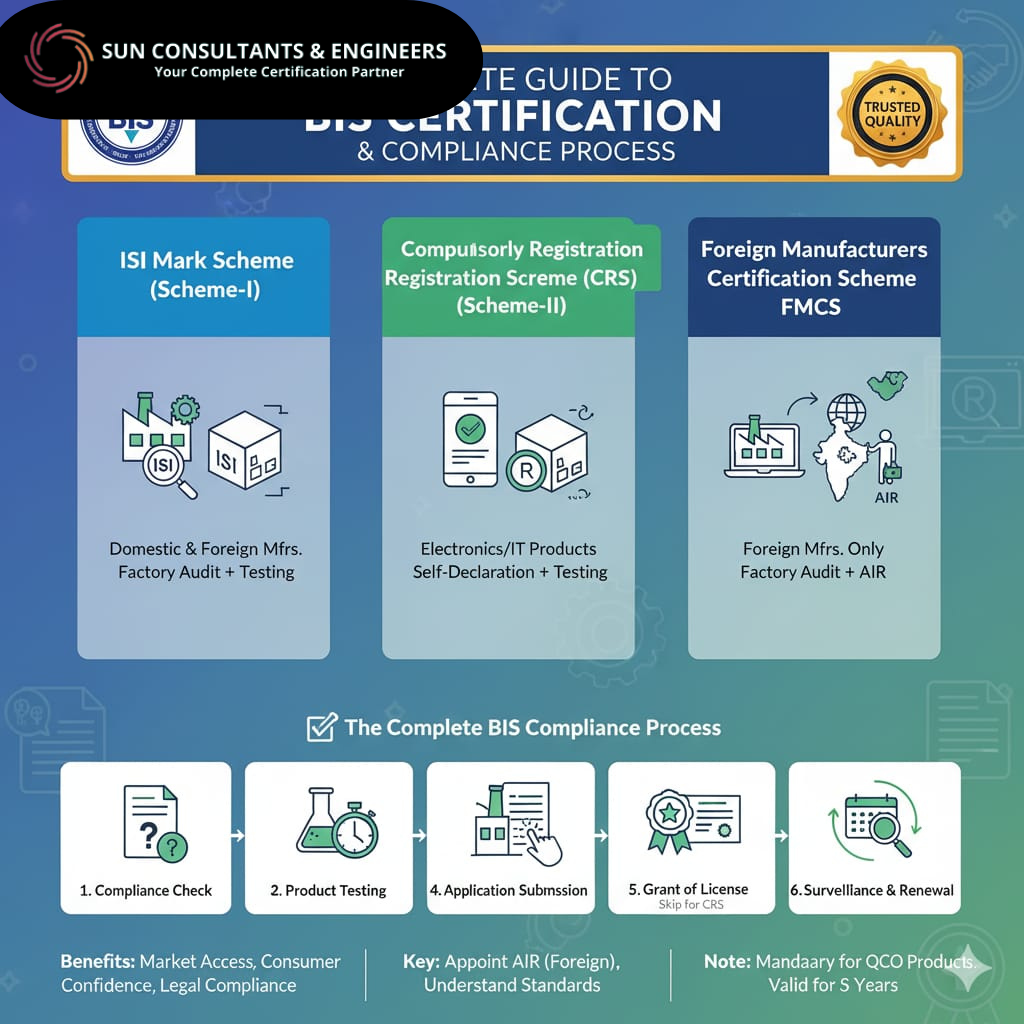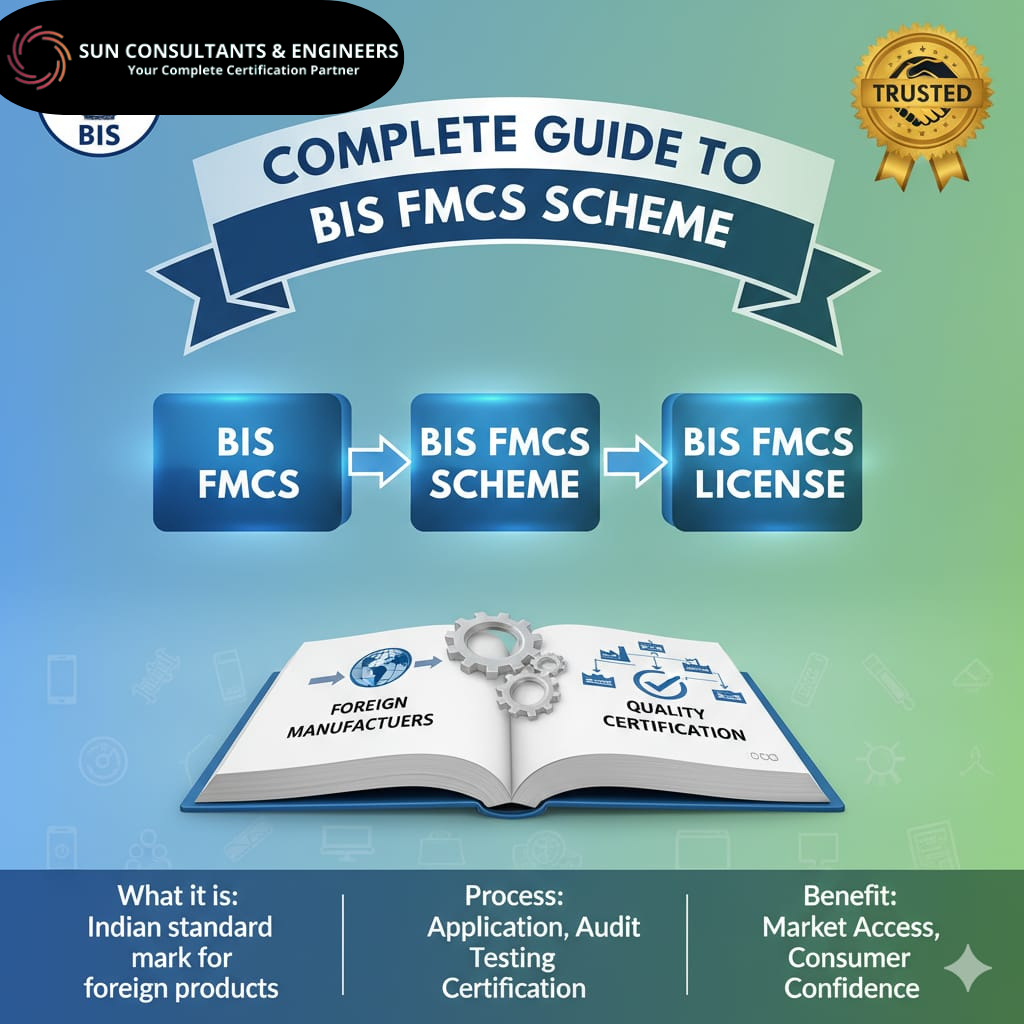Finland Opens Application Portal For Nigerians, Others
N2.2m minimum wage,’ Finland opens application portal for Nigerians, other foreign workers.
The Finnish Immigration Service has opened applications for the Finland Seasonal Work Permit 2025, providing foreign workers with opportunities in agriculture, forestry, and tourism.
These permits enable migrant workers to secure employment in Finland later this year, offering temporary job opportunities for up to nine months within a 12-month period.
According to TravelBiz, the seasonal work permits cater specifically to foreign nationals, allowing them to contribute to Finland’s workforce while ensuring compliance with labor regulations.
Interested applicants must obtain the necessary work permit before traveling to Finland.
Types of Seasonal Work Permits for Finland application
There are two main types of seasonal work permits, depending on the duration of employment:
Seasonal Work Visa (Up to 3 Months): Applicants from countries requiring a visa must apply for a seasonal work visa at a Finnish embassy before traveling. Those from visa-exempt countries can instead apply for a certificate for seasonal work directly through the Finnish Immigration Service.
Residence Permit for Seasonal Work (3 to 9 Months): For employment lasting between three and nine months, applicants need a residence permit for seasonal work. This must be obtained before entering Finland. Processing times can take up to 90 days, so early application is advised.
Key Requirements for a Seasonal Work Permit
To qualify for a seasonal work permit, applicants must meet the following criteria:
Job Offer and Contract: A signed employment contract from a Finnish employer is mandatory.
Minimum Wage: Seasonal workers must earn at least €1,430 (N2.2m) per month, unless a collective agreement specifies a different amount.
Accommodation: Workers must arrange housing that meets Finnish health and safety standards.
Application Process: All applications must be complete and submitted with the required documents to avoid delays.
Step-by-Step Guide to Applying
Secure a Job Offer: Contact Finnish employers in agriculture, forestry, or tourism.
Sign a Contract: Obtain a legally binding employment contract.
Prepare Required Documents: Gather essential documents, including a valid passport, signed contract, and proof of accommodation.
Choose the Right Permit: Apply for a seasonal work visa (up to 3 months) or a residence permit for seasonal work (3-9 months).
Pay Application Fees: Submit the required processing fees.
Monitor Application Status: Track your application through the Finnish Immigration Service’s official website.
https://www.vanguardngr.com/2025/02/n2-2m-minimum-wage-finland-opens-application-portal-for-nigerians-other-foreign-workers/#google_vignetteFinland Opens Application Portal For Nigerians, Others
N2.2m minimum wage,’ Finland opens application portal for Nigerians, other foreign workers.
The Finnish Immigration Service has opened applications for the Finland Seasonal Work Permit 2025, providing foreign workers with opportunities in agriculture, forestry, and tourism.
These permits enable migrant workers to secure employment in Finland later this year, offering temporary job opportunities for up to nine months within a 12-month period.
According to TravelBiz, the seasonal work permits cater specifically to foreign nationals, allowing them to contribute to Finland’s workforce while ensuring compliance with labor regulations.
Interested applicants must obtain the necessary work permit before traveling to Finland.
Types of Seasonal Work Permits for Finland application
There are two main types of seasonal work permits, depending on the duration of employment:
Seasonal Work Visa (Up to 3 Months): Applicants from countries requiring a visa must apply for a seasonal work visa at a Finnish embassy before traveling. Those from visa-exempt countries can instead apply for a certificate for seasonal work directly through the Finnish Immigration Service.
Residence Permit for Seasonal Work (3 to 9 Months): For employment lasting between three and nine months, applicants need a residence permit for seasonal work. This must be obtained before entering Finland. Processing times can take up to 90 days, so early application is advised.
Key Requirements for a Seasonal Work Permit
To qualify for a seasonal work permit, applicants must meet the following criteria:
Job Offer and Contract: A signed employment contract from a Finnish employer is mandatory.
Minimum Wage: Seasonal workers must earn at least €1,430 (N2.2m) per month, unless a collective agreement specifies a different amount.
Accommodation: Workers must arrange housing that meets Finnish health and safety standards.
Application Process: All applications must be complete and submitted with the required documents to avoid delays.
Step-by-Step Guide to Applying
Secure a Job Offer: Contact Finnish employers in agriculture, forestry, or tourism.
Sign a Contract: Obtain a legally binding employment contract.
Prepare Required Documents: Gather essential documents, including a valid passport, signed contract, and proof of accommodation.
Choose the Right Permit: Apply for a seasonal work visa (up to 3 months) or a residence permit for seasonal work (3-9 months).
Pay Application Fees: Submit the required processing fees.
Monitor Application Status: Track your application through the Finnish Immigration Service’s official website.
https://www.vanguardngr.com/2025/02/n2-2m-minimum-wage-finland-opens-application-portal-for-nigerians-other-foreign-workers/#google_vignette
















